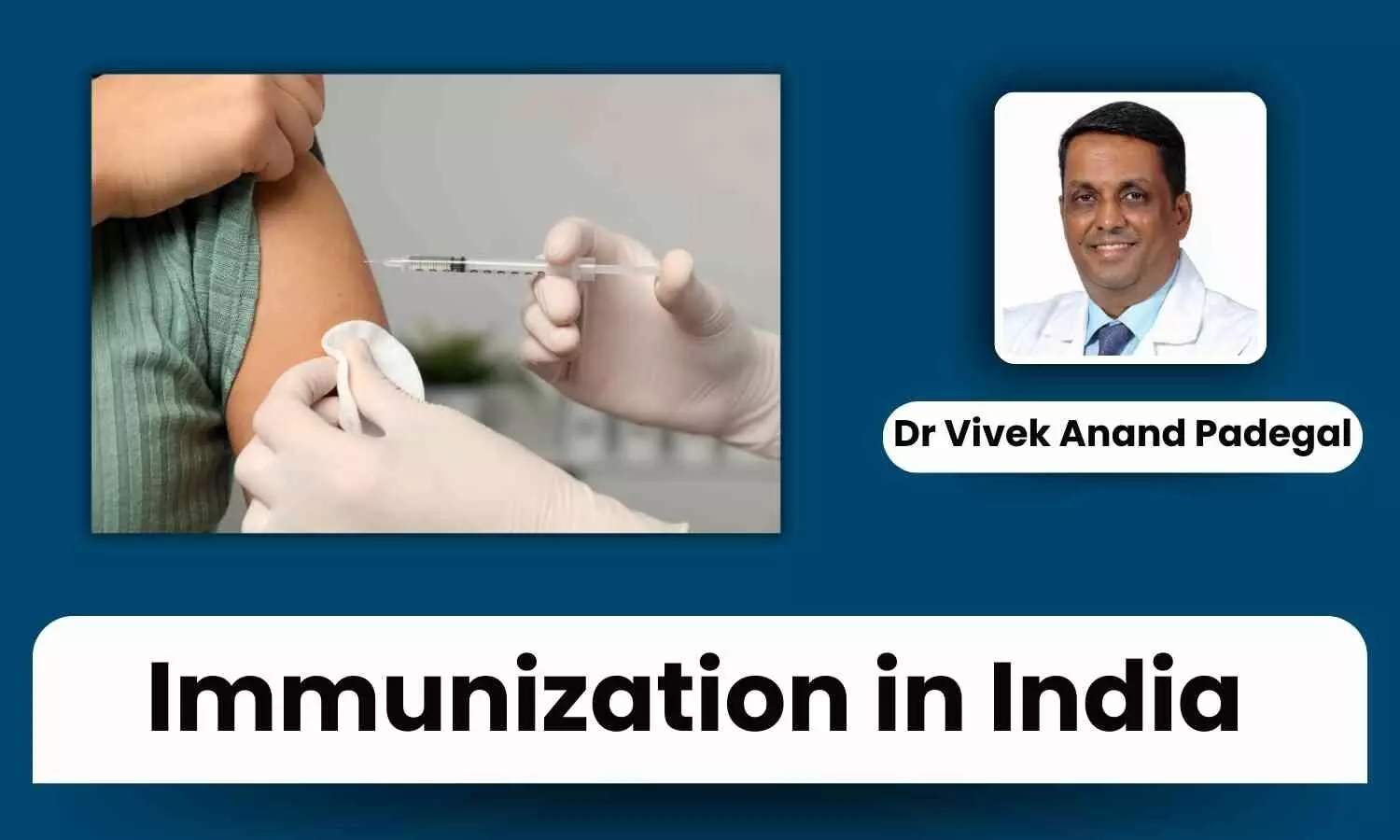Immunization in India: Key Vaccines and Timelines - Dr Vivek Anand Padegal

India, a vast country with diverse climatic conditions, presents a unique challenge in terms of vaccine efficacy. Traditionally, the vaccination cycle has followed a uniform pattern, often neglecting the nuances of regional variations. A compelling argument is emerging for a staggered vaccination approach, aligning with the hemispheric influenza seasons.
Case for Hemispheric Vaccination Cycles
The influenza virus, the primary target of seasonal vaccinations, exhibits distinct patterns in the Northern and Southern Hemispheres. While the Northern Hemisphere grapples with influenza during winter, the Southern Hemisphere experiences its peak during the colder months of June to August.
India, straddling the tropics, experiences influenza outbreaks throughout the year, with two prominent peaks – one during the monsoon (June-September) and another during winter (December-February).
A groundbreaking approach suggests tailoring vaccination strategies to these climatic patterns. By administering Southern Hemisphere vaccines in the North during the monsoon and Northern Hemisphere vaccines in the South during winter, India could potentially optimize vaccine effectiveness.
Benefits of a Hemispheric Vaccination Cycle
- Enhanced Protection: Aligning the vaccine strain with the circulating virus can significantly boost immunity. This targeted approach could lead to a more robust defence against influenza.
- Optimized Resource Allocation: By predicting influenza peaks more accurately, healthcare resources can be allocated efficiently. This can help in managing outbreaks effectively.
- Scientific Advancement: Implementing a hemispheric vaccination cycle would generate valuable data on vaccine efficacy in different climatic conditions. This could contribute to global knowledge on influenza prevention.
Challenges and Considerations
While the concept holds promise, challenges need to be addressed.
- Logistical Complexity: Implementing a dual vaccination system requires meticulous planning and coordination. It demands a robust supply chain and efficient distribution network.
- Public Awareness: Educating the public about the rationale behind the new vaccination cycle is crucial. Misconceptions and resistance can hinder the success of the program.
- Monitoring and Evaluation: A robust surveillance system is essential to track influenza patterns and vaccine effectiveness. This data will be vital for fine-tuning the vaccination strategy.
Way Forward
A pilot study in selected regions can provide valuable insights into the feasibility and impact of a hemispheric vaccination cycle. If successful, a gradual nationwide implementation can be considered.
Simultaneously, research on the genetic evolution of the influenza virus in different regions of India should be intensified. This will help in predicting the dominant strains and tailoring vaccine compositions accordingly.
India's geographical diversity presents both challenges and opportunities. By adopting a flexible and data-driven approach to vaccination, the country can significantly enhance its preparedness against influenza and other seasonal diseases.
The potential benefits of a hemispheric vaccination cycle are substantial. It is time to explore this innovative strategy and harness its potential to protect the health of millions.


